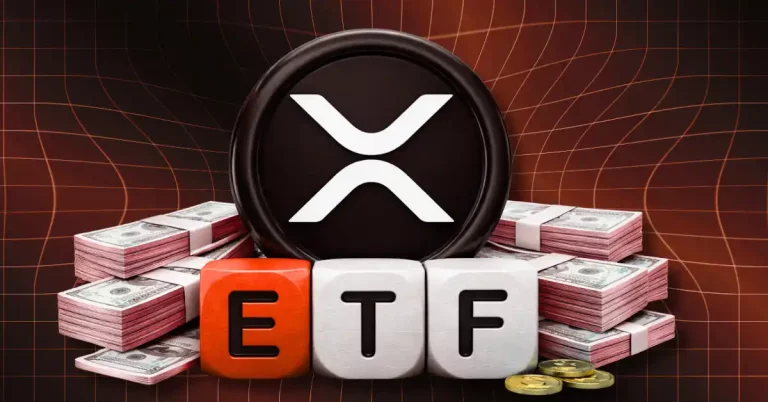
U.S. Bitcoin Seizure Sparks Controversy With China
The crypto world is buzzing after allegations made by the China National Computer Virus Emergency Response Center (CVERC), a national cybersecurity agency. According to their recent report, the U.S. government allegedly seized 127,271 Bitcoin—worth a staggering $13.2 billion today—from a mining pool hack that took place back in 2020. This high-profile accusation is making waves in both the tech and geopolitical realms.
The Origin of the Dispute
The controversy stems from an attack on the LuBian mining pool on December 29, 2020. The hack resulted in the loss of Bitcoin valued at $3.5 billion at the time, which has since skyrocketed in worth. The stolen Bitcoin allegedly belonged to Chen Zhi, a Cambodian businessman and chairperson of the Prince Group, who has faced accusations of running large-scale crypto frauds known as “pig-butchering scams.”
Chinese authorities argue that the cryptocurrency wallets listed in the U.S. Department of Justice’s (DOJ) indictment of Chen Zhi are the same as those linked to the LuBian breach. Notably, the funds reportedly stayed dormant for years before being moved in 2024 to wallets controlled by the U.S. government.
Evidence Backed by Blockchain Analysis
To substantiate these claims, CVERC cited blockchain intelligence firms like Elliptic and Arkham Intelligence. Their findings suggest a digital trail that points to compromised mining pools in China and Iran as the source of these funds. However, the DOJ maintains that these assets were criminal proceeds linked to Chen’s activities.
Angela Ang, policy head at TRM Labs, noted that while their research has verified the funds’ movement timeline, it remains unclear how U.S. authorities gained control of the wallets in question. “The 2024 transactions likely represent the transfer of those assets into U.S. custody,” Ang explained.
What This Means for the Future of Cryptocurrency
This situation raises important questions about cybersecurity, sovereignty, and the handling of digital assets. Could state-level actors be involved in large-scale crypto heists? Or is this a case of legitimate law enforcement aimed at reining in crypto-related crimes?
Amid rising concerns about digital security, an excellent tool for protecting your own cryptocurrency investments is the Ledger Nano X, a trusted hardware wallet that safeguards your funds offline. By minimizing exposure to online hacks, it ensures peace of mind in an increasingly volatile digital landscape.
The Bigger Picture
While the allegations remain unverified, this ongoing saga highlights the tension between two global superpowers, both vying for dominance in the tech and cryptocurrency space. Whether this is a story of cyber espionage or criminal justice, it’s clear that the battle for cryptocurrency control is just heating up.



